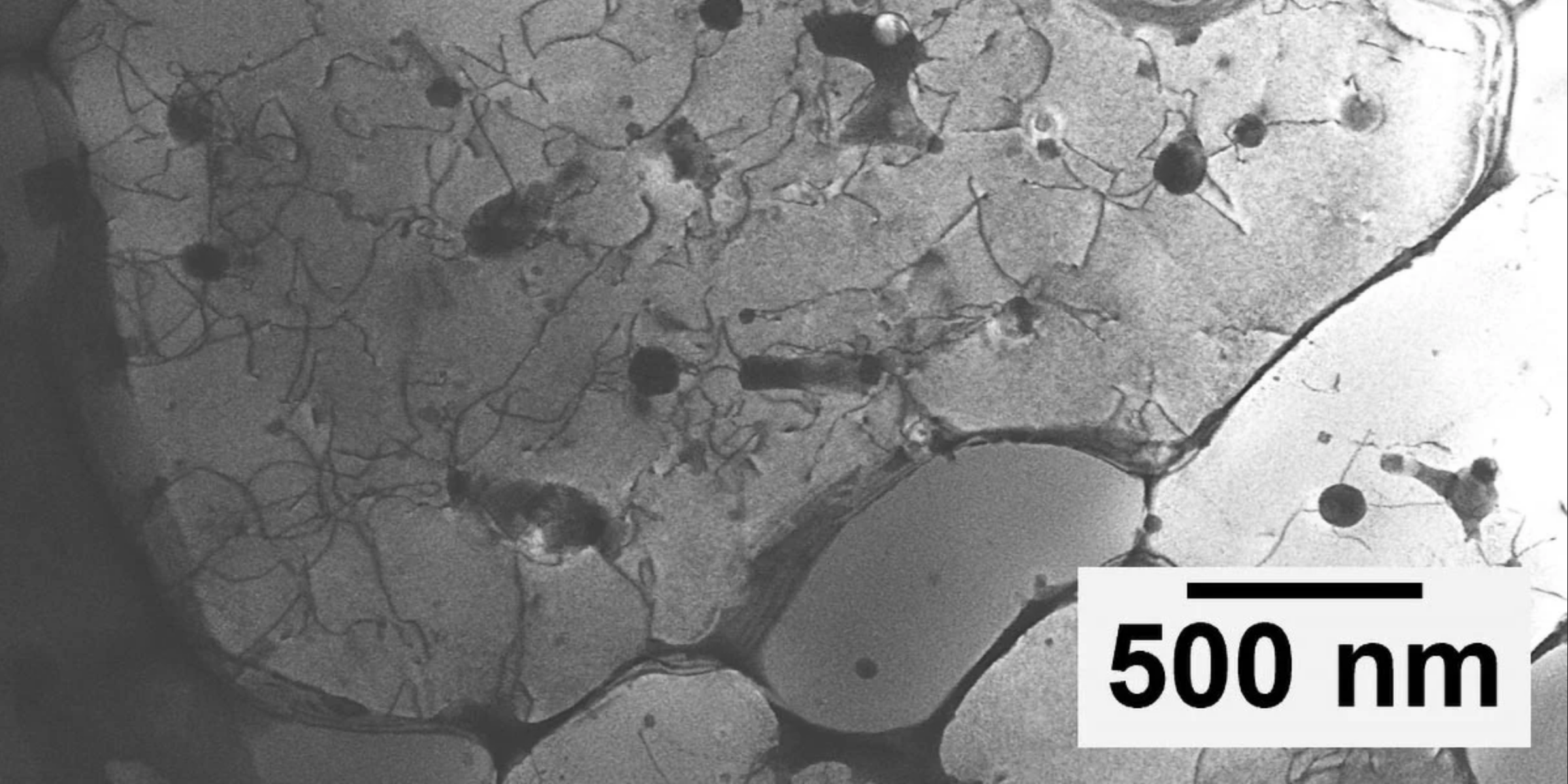Becoming an Electric Coach: A Personal Journey Towards Home Electrification

In the fight against climate change, our homes play a surprisingly significant role as a source of carbon emissions. In fact, residential and commercial buildings account for approximately 13% of greenhouse gas emissions in the United States. This alarming statistic is partly due to the direct burning of fossil fuels for heating and cooking, but more than half of these emissions stem from indirect sources, particularly the electricity consumed in our homes, as reported by the Environmental Protection Agency (EPA).
To effectively combat these emissions, it is imperative for Americans to transition towards electrifying home systems that currently rely on fossil fuels. However, this is only part of the solution; equally crucial is improving energy efficiency to reduce overall electricity consumption, especially as the national grid works towards decarbonization. This challenge is monumental, given that the U.S. is home to approximately 147 million housing units, each with its own unique pathway to achieving electrification and enhanced energy efficiency.
This daunting task may seem overwhelming. Indeed, a recent survey conducted by CNET revealed that more than half of Americans perceive energy efficiency upgrades as either unattainable or not worthwhile.
Amidst this complex scenario, I have felt a compelling motivation to take tangible action and contribute to positive change. My journey began after reading Dr. Ayana Elizabeth Johnson's thought-provoking book, What If We Get It Right?, which features a climate action Venn diagram that inspired me to explore additional avenues for personal involvement. Initially, I considered the idea of writing about climate change, but Dr. Johnsons book urged readers to engage in actions they had not yet taken, pushing me to think beyond mere communication (a guilty admission, I must say).
It was then that I discovered a free course offered by Rewiring America and Abode Energy Management, aimed at training individuals to become certified electric coaches. An electric coach is essentially someone who helps homeowners expedite their transition away from fossil fuel reliance. This opportunity felt like the perfect way for me to make a meaningful contribution.
The course proved to be an enlightening experience, exceeding my expectations in terms of the knowledge I gained about essential topics such as heat pumps, home insulation, and electric appliances, among others. Additionally, I had the chance to connect with hundreds of like-minded individuals who share the same enthusiasm for assisting their friends and neighbors in electrifying their homes.
Heres a closer look at the process of becoming an electric coach, along with reasons why you might consider embarking on a similar journey.
What is an Electric Coach?
Electric coaches can come from diverse backgrounds. Rewiring America promotes the course to virtually anyone, whether you are a community leader, a realtor, or simply a concerned neighbor eager to make a difference.
Regardless of their personal history, electric coaches serve as advocates within their communities, sharing knowledge about home electrification and assisting homeowners in their transition from fossil fuels.
Some coaches may work one-on-one with friends and neighbors to develop personalized electrification plans, while others may conduct group presentations or organize tours of green homes to showcase sustainable practices.
Its important to note that electric coaches do not possess the technical expertise of professionals like HVAC contractors. Rather, they serve as guides, helping homeowners navigate the process and make informed decisions. For instance, although a coach may not design a heat pump installation, they can assist homeowners in evaluating contractor quotes and determining the best choice for their specific needs.
What I Learned in the Course
The Rewiring America course was comprehensive and engaging. Spanning four weeks, it included eight hours of live sessions conducted via Zoom, alongside optional office hours for additional support. Here's a summary of the curriculum:
- Week 1: We kicked off with an exploration of the concept of the "home as a system," understanding the interplay between mechanical systems, building structures, and occupants behaviors in determining energy usage. We also examined air flow and potential leaks in homes, as well as various weatherization techniques and insulation methods to enhance energy efficiency.
- Week 2: Our second week delved into the diverse ways to power homes and bolster their efficiency, covering technologies ranging from induction stoves to heat pump water heaters and rooftop solar installations. We weighed the advantages and disadvantages of each technology, assessing when they might be appropriate for homeowners.
- Week 3: This week was dedicated to electric heat pumpshighly efficient devices that offer a sustainable alternative to fossil-fueled heating methods. We discussed the various types of heat pumps available and the different solutions appropriate for varying residential contexts.
- Week 4: In the final week, we synthesized our learning by examining financial incentives at both federal and state levels that encourage the adoption of sustainable home technologies. We also honed our communication skills to effectively convey information as electric coaches.
Even as a journalist focused on home electrification, I found myself furiously taking notes and absorbing far more information than I had anticipated. For instance, I learned about the existence of heat pump clothes dryers and discovered that some of the most impactful energy improvements for homes are not the flashiest options but rather the essential yet unglamorous upgrades like enhancing insulation.
This knowledge is invaluable for anyone looking to improve their own homes and empowers coaches to educate their friends and neighbors on the path toward electrification.
Why You Should Consider Becoming an Electric Coach
One key insight from the course is that homeowners are significantly more likely to trust recommendations from friends and family than from impersonal sources, such as a journalist advocating for electric technologies. By becoming an electric coach, you have the potential to wield considerable influence in your community regarding home electrification efforts.
Sharing an article about the benefits of heat pumps with a friend is one thing; demonstrating your own heat pump installation and guiding them through the decision-making process is a much more effective approach.
If youre interested, you can apply for the next cohort of Rewiring Americas course. Additionally, there are other coaching opportunities available. For instance, the Cape Ann Climate Coalition in Massachusetts boasts a network of volunteer heat pump coaches. Its worth exploring climate and environmental organizations in your area to discover similar opportunities to get involved.
























